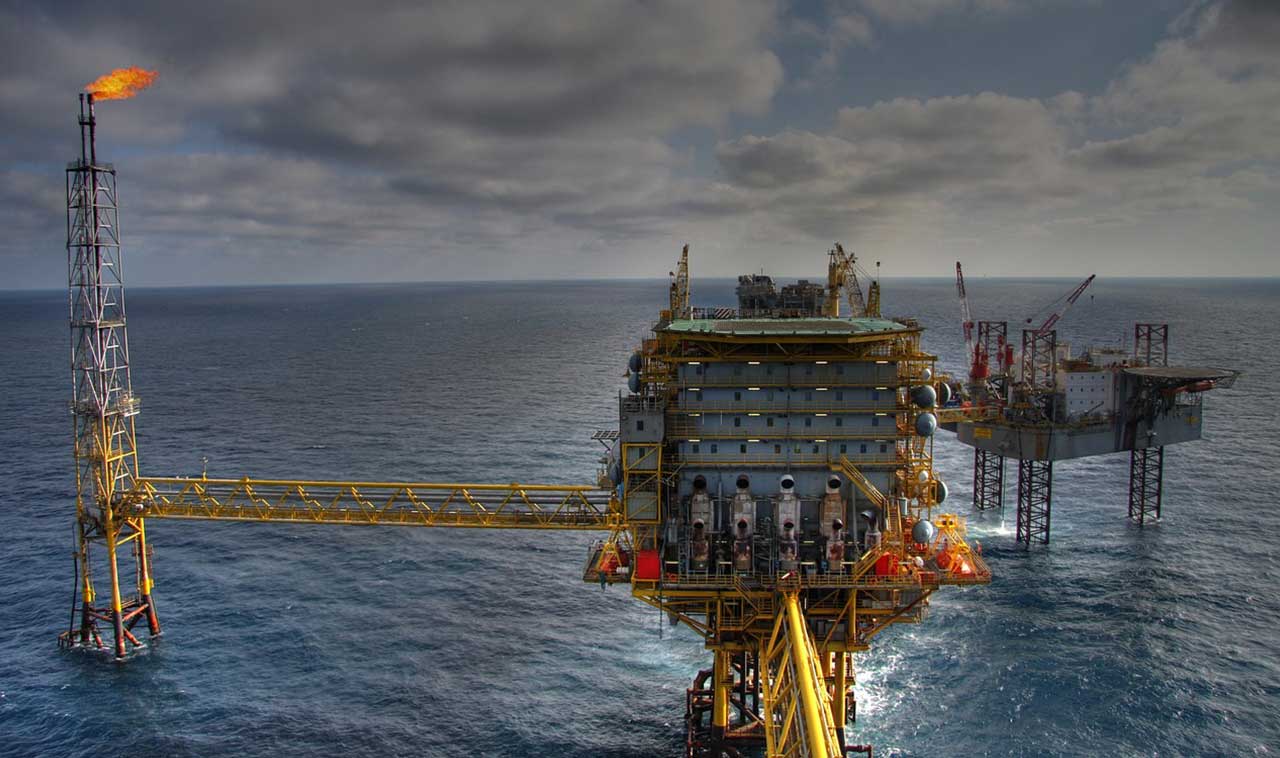Fracking and the western world
Petrochemical

Fracking, or hydraulic fracturing, has significantly influenced the energy landscape in the Western world, particularly in North America and parts of Europe. While it has transformed energy markets by increasing oil and gas production, it also brings environmental, economic, and geopolitical implications. Here’s a look at the major impacts of fracking on the Western world:
1. Energy Independence and Security
• Boost to Energy Production: Fracking has significantly increased domestic energy production, especially in the United States, allowing it to become one of the world’s largest oil and natural gas producers. This has decreased reliance on foreign energy imports, bolstering energy security.
• Reduced Dependence on OPEC: With increased shale oil and gas production, Western countries have less dependence on OPEC (Organization of the Petroleum Exporting Countries) for their energy needs. This shift has altered global oil markets, influencing prices and reducing OPEC’s leverage over the West.
2. Economic Growth and Job Creation
• Regional Economic Development: Fracking has brought economic benefits to regions rich in shale resources. In places like Texas, North Dakota, and Pennsylvania in the U.S., the fracking boom created jobs, boosted local businesses, and increased tax revenues.
• Investment in Infrastructure: The fracking boom led to substantial investment in infrastructure, such as pipelines, processing facilities, and transportation networks. These investments have long-term benefits for the energy sector and local economies.
• Economic Volatility: The fracking industry is vulnerable to fluctuations in oil and gas prices. A significant drop in prices can lead to widespread job losses and financial strain in regions dependent on shale production, causing economic instability.
3. Environmental Concerns
• Water Contamination and Usage: Fracking consumes vast amounts of water, and if not carefully managed, can lead to contamination of groundwater sources due to leaks or spills. This is particularly concerning in drought-prone regions, where competition for water is high.
• Air and Soil Pollution: Fracking releases methane, a potent greenhouse gas, and other air pollutants, impacting air quality and contributing to climate change. The process can also lead to soil degradation, affecting local ecosystems and agricultural land.
• Induced Seismic Activity: Fracking has been linked to increased seismic activity, especially in regions where wastewater from fracking is disposed of underground. This has led to concerns over earthquakes in areas that are not typically seismically active, particularly in parts of the U.S. and Canada.
4. Impact on Climate Change
• Mixed Environmental Impacts: Natural gas from fracking burns cleaner than coal, reducing greenhouse gas emissions in the short term. This has positioned natural gas as a “bridge fuel” in the transition from coal to renewables. However, methane leaks during fracking and transportation significantly contribute to global warming, potentially offsetting these benefits.
• Slowdown of Renewable Investment: The success of fracking has delayed the transition to renewable energy in some regions. The abundance of cheap natural gas has discouraged investment in renewables, as governments and energy companies focus on exploiting shale resources.
5. Political and Social Controversy
• Public Health Concerns: Communities near fracking sites report higher rates of health issues, including respiratory problems and skin conditions, due to pollutants released during the process. Noise pollution and increased truck traffic add to the disruption of daily life.
• Grassroots Opposition and Regulation: Fracking has sparked strong opposition from environmental groups, local communities, and some governments. Concerns over water contamination, seismic activity, and pollution have led to local and regional bans or moratoriums on fracking, particularly in Western Europe (e.g., France, Germany, and parts of the UK).
• Polarized Political Debate: In the U.S., fracking has become a contentious issue, dividing policymakers along political lines. Some argue for deregulation to support energy independence and economic growth, while others call for stricter regulations or bans due to environmental and health concerns.
6. Global Influence and Geopolitics
• Reduced Influence of Oil-Rich Countries: Western countries with significant shale resources have become less dependent on oil from countries in the Middle East and Russia. This shift has allowed them more leverage in foreign policy, as they’re less vulnerable to supply disruptions and price manipulation by oil-exporting nations.
• Energy Exports and Alliances: Increased fracking has turned the U.S. into a net exporter of oil and natural gas, strengthening its geopolitical influence. For example, U.S. natural gas exports to Europe have helped reduce the continent’s dependence on Russian gas, especially amid the energy crisis linked to the Russia-Ukraine conflict.
7. Technological Advancements and Innovation
• Advances in Drilling Technology: Fracking has driven technological innovations, including horizontal drilling and enhanced hydraulic fracturing techniques, making the extraction process more efficient and potentially less environmentally damaging.
• Development of Water Recycling and Waste Management: As concerns about water usage and contamination grow, the fracking industry has begun to explore water recycling technologies and improved waste management practices. These innovations aim to reduce the environmental footprint of fracking.
8. Future of Fracking in a Changing Energy Landscape
• Transitioning Toward Renewables: As climate goals become more ambitious, Western countries face pressure to reduce reliance on fossil fuels, including fracking. Some policymakers advocate for a gradual phase-out of fracking in favor of renewable energy, though this transition is complex and costly.
• Potential Decline of Fracking: In the long term, the demand for oil and gas may decline as renewable energy technologies improve. However, the transition away from fracking will likely depend on government policies, technological advances, and the pace at which renewable energy infrastructure can replace fossil fuel reliance.
Summary
Fracking has reshaped energy markets in the Western world, contributing to energy independence, economic growth, and increased geopolitical influence. However, it also raises significant environmental, health, and social challenges, sparking ongoing debate and regulatory scrutiny. As the Western world looks to transition toward renewables, fracking’s role may evolve, balancing its immediate benefits with the long-term need for sustainable energy solutions.
Published - Wed 10 Apr 2024 by Petrochemical Market Insights Team